The election of Jair Bolsonaro as the President of Brazil has been a strong blow to the LGBTI associations. Bolsonaro used a clearly racist, chauvinist and lgbt-phobic discourse throughout the campaign.
We interview Ana Lucia Lodi, a prominent LGBTI rights’ activist from Brazil who specializes in gender, sexuality and human rights. She is currently the vice-president of the Balneário Camboriú Municipal Council for Women’s Rights and the coordinator of the LBTI+ Commission in this same Council, as well as a member of the Human Rights Council. At the same time, she is the president of the Sub-section of the IBDFAM – the Brazilian Institute for Family Law in Balneário Camboriú and provides legal assistance to members of the LGBTI community in Brazil through the association Semear Diversidade (Sowing Diversity), which she chairs.
Brazil is the country in South America with the largest number of LGBTI murders. In 2017 445 people were killed, and 179 of these killings were violent. Is the country’s political agenda including the demands coming from the LGBTI movement?
To be honest, no, it isn’t. The only progress made is through judicial processes. Politicians, who have an ultra-conservative agenda, are fighting any attempts to progress in this field. Since 2006 legislative steps had been taken, but now the National Congress has shelved them.
In 2018 there was a historical victory for the LGBTI population, the homo-affective marriage, obtained at the Supreme Court and allowing trans people to change their legal name and gender registration in the Civil Registry. However, these victories are never guaranteed, because these rights, which are not positive legislation, may be withdrawn at any time. Especially now with the arrival of the new President, who has never denied being homophobic. On the contrary, he is proud of it.
How is the LGBTI community living the rise to power of Jair Bolsonaro, a President who is clearly LGBTI-phobic?
With great fear. Beyond the physical attacks, there is a psychological terror when you read threatening sentences on the doors of public toilets and even in universities and on social media. Some people have already been threatened and beaten up. Some professors have been under pressure and must be careful of what they say in class in order not to be misinterpreted.
Among some population there is a growing number who believe in a moral scarecrow named “gender ideology”, where it is believed that educating in diversity would have as a purpose not so much teaching girls and boys to respect all persons and their sexual orientation and gender identity, but rather to turn them into gays, lesbians, bisexual or transgender.
Ever since the elections, there’s been a very small movement that is starting to talk about resistance.
What is the political strategy of Brazil’s LGBTI movement in a context that is clearly against the rights of this community?
As a first step, making available contacts to denounce any form of aggression, legal support, handbooks on how to face up to fascism, and taking necessary precautions. We now see mutual support groups on Whatsapp.
Has Bolsonaro’s discourse been embraced by the popular classes? His discourse tries to link LGBTI persons to drugs, trying to sideline women and defends torture and the death penalty...a very clear regression.
There’s no doubt. Cultural change linked to recognizing and giving visibility to the emancipation of women and the LGBTI movement today has unleashed many collective fears. The reaction in public is that of a culture that is based on religious socialization, using materials that are printed by Evangelist media, religious websites on the Internet and official positions that generated a totally misperception on what gender and sexual diversity really are. This all generates discrimination, targeting especially the LGBTI movement in the way of hom-o lesbo- and trans-phobia by inventing a dangerous and highly stigmatized character, leading to a second-class category of citizens.
Bolsonaro strongly defends the values of traditional family; what is it like to be a single parent now in Brazil and what do you think of the President’s attitude?
Let’s take a look at the traditional family in Brazil. Would it be a native indigenous family? The last population census showed that more than 50% of families in Brazil do not have the classic format with one father, one mother, and children. There are single mothers with children; grandmothers taking care of their grandchildren, older brothers or sisters in charge of their younger siblings...In this latest census, we see there are at least 60,000 homo-affective families. We believe the real figure is even higher, since many won’t recognize their family situation when speaking to others.
The attitude and the words of the new President are threatening. Young children are already suffering, wondering if they will be sent back to an orphanage if they are left without a family. Will children whose birth certificate state they have two fathers or two mothers be stigmatized? Will same-sex marriages be made illegal? And what will happen with the legal security of existing same-sex marriages? This is all very worrying for families.


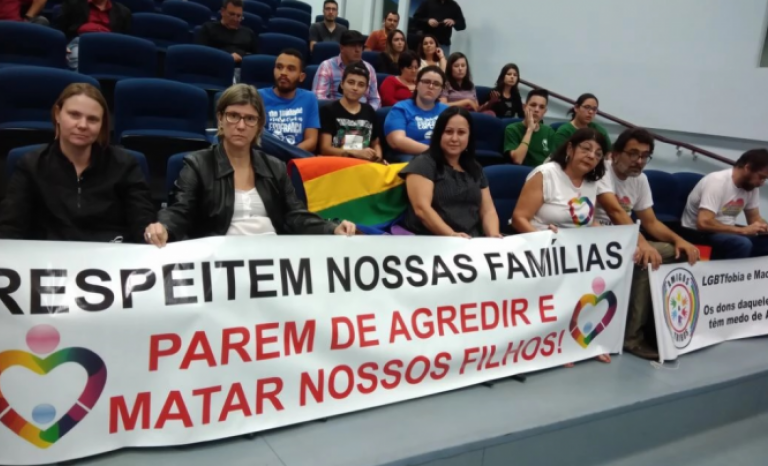
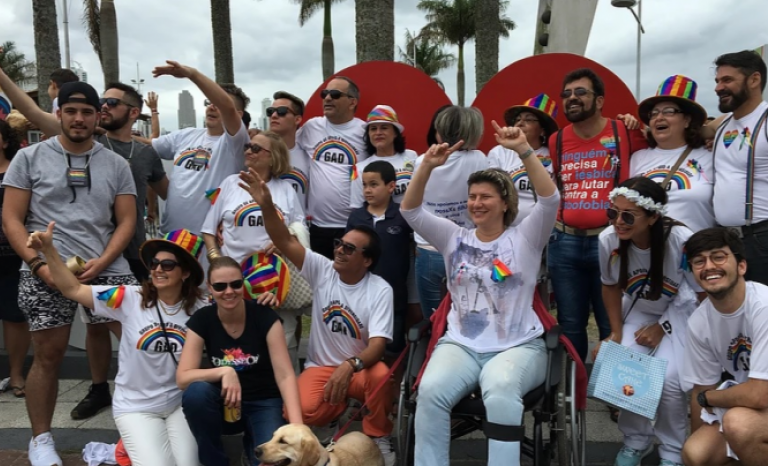
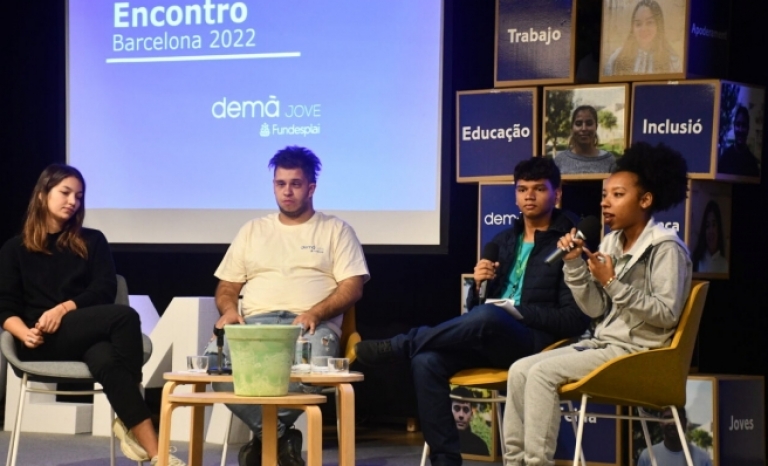
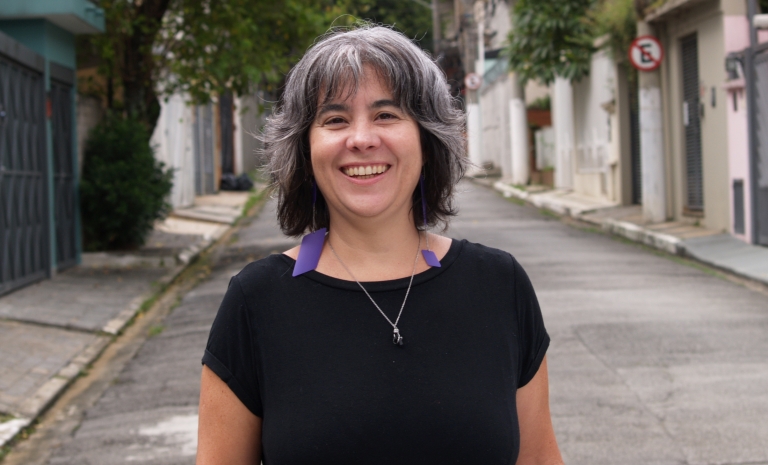
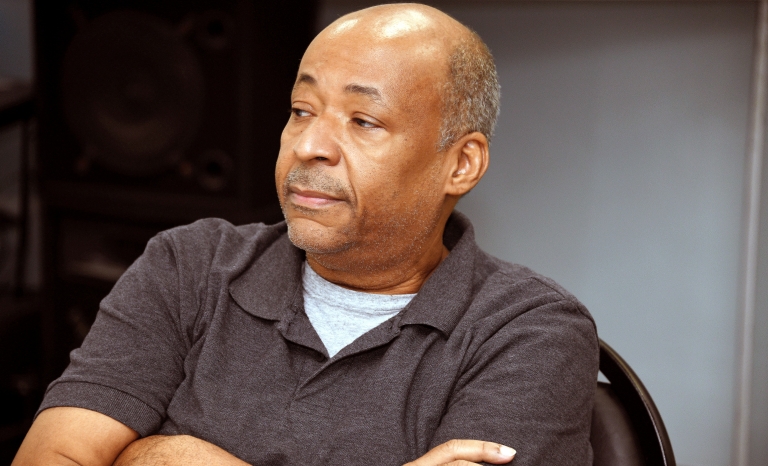
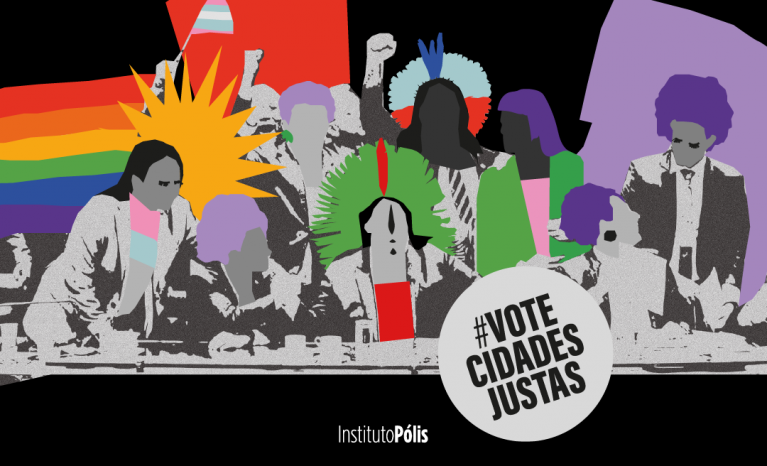



Add new comment